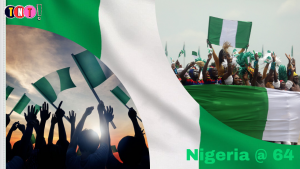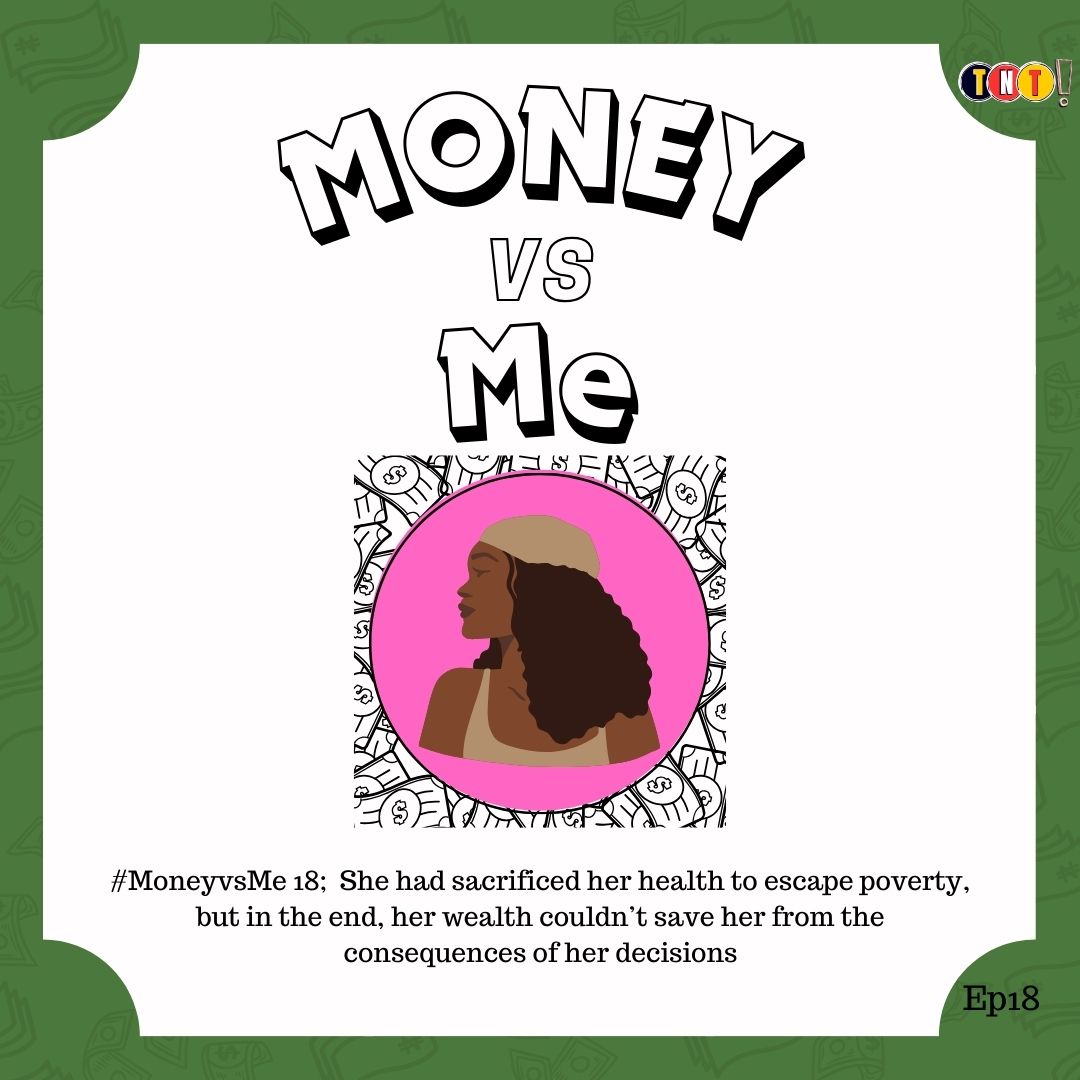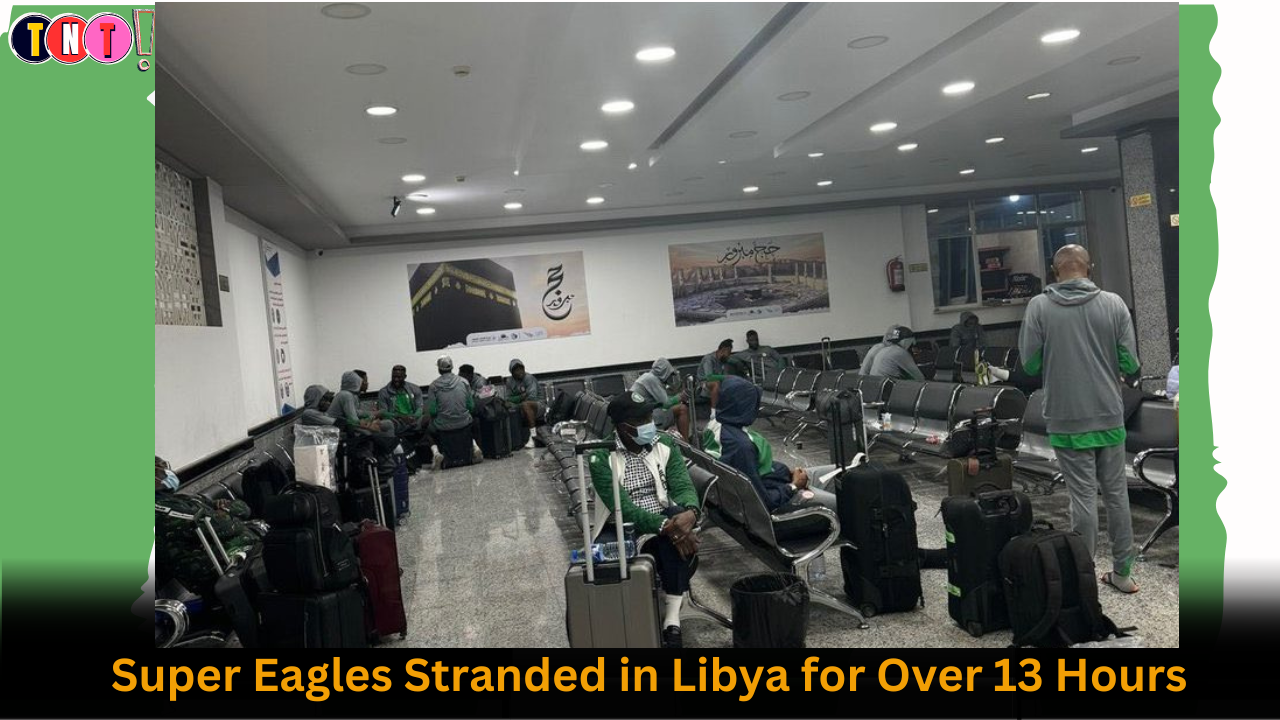As Nigeria celebrates “Nigeria at 64, this anniversary offers an important opportunity for “reflections on independence and the road ahead”. Since gaining freedom from British colonial rule on October 1, 1960, the nation has navigated a complex journey filled with both remarkable achievements and significant challenges. This 64th year is a moment to not only commemorate the resilience of the Nigerian people but also to critically assess the obstacles that remain and to chart a path toward a more prosperous and united future.

A Glorious Past: The First Steps of Independence
The euphoria that accompanied Nigeria’s independence in 1960 was immense. A vibrant and diverse country with over 250 ethnic groups, Nigeria was seen as a beacon of hope for Africa. With its vast natural resources, particularly oil, many believed that the country had the potential to become a global powerhouse.
The early post-independence years saw Nigeria take strides in establishing itself on the global stage. Figures like Nnamdi Azikiwe, Obafemi Awolowo, Ahmadu Bello, and Tafawa Balewa were at the forefront of building a united and progressive nation. However, Nigeria’s journey soon became turbulent, with political instability leading to a series of military coups, and the devastating Nigerian Civil War (1967-1970).
Democracy and Its Growing Pains
Nigeria’s return to democratic rule in 1999, after years of military dictatorship, was a significant milestone. The Fourth Republic began under President Olusegun Obasanjo, who worked to stabilize the country politically. Since then, Nigeria has witnessed uninterrupted democratic transitions, a testament to the resilience of its institutions and people.
However, the journey has not been without setbacks. Corruption, political infighting, and weak governance have remained persistent challenges. Successive governments have struggled to address critical issues such as infrastructure deficits, education, healthcare, and economic inequality. Elections, though increasingly transparent, have often been marred by violence, rigging, and voter suppression.
The Economic Story: Oil Wealth and Its Paradoxes
Nigeria’s economy is heavily reliant on oil, which accounts for about 90% of export earnings. While the country has reaped significant benefits from its oil reserves, this dependence has made the economy vulnerable to fluctuations in global oil prices. Despite being one of the world’s top oil producers, Nigeria faces paradoxes of widespread poverty, unemployment, and a struggling middle class.
In recent years, the government has made efforts to diversify the economy, focusing on agriculture, technology, and manufacturing. Yet, inflation, rising debt levels, and currency devaluation remain significant hurdles. The removal of fuel subsidies in 2023, though intended to stabilize the economy, sparked protests, highlighting the delicate balance the government must maintain between economic reform and social stability.
Social Progress and Persistent Inequality
Nigeria’s population of over 220 million people is one of its greatest assets, with a youthful demographic that holds enormous potential. The rise of tech hubs like Lagos and the growth of the creative industry, including Nollywood and Afrobeats, have propelled Nigeria onto the global cultural map. Yet, despite these successes, deep-seated inequalities persist.
Access to quality education and healthcare remains limited, especially in rural areas. Women and girls face significant barriers to equality, with gender-based violence and limited economic opportunities still prevalent. Furthermore, the country continues to grapple with security challenges, including terrorism, banditry, and communal clashes that threaten the safety and stability of entire regions.
The Challenges of Unity and Diversity
Nigeria’s diversity has always been both its strength and its Achilles’ heel. The country’s ethnic and religious plurality, while enriching, has also fueled divisions. The tension between the predominantly Muslim north and the Christian south, as well as between various ethnic groups, has often manifested in violence and political discord.
The call for restructuring has grown louder, with many advocating for a more decentralized system of governance that gives regions greater autonomy. The 2023 elections demonstrated these divides, with regional allegiances often influencing voting patterns. Nigeria’s leadership, therefore, faces the task of fostering national unity while respecting its diversity.
Nigeria at 64: The Road Ahead
As Nigeria celebrates 64 years of independence, there is much to reflect on. The country has made significant strides in various sectors, including advancements in democratic governance, entrepreneurial innovation, and cultural exports. However, the path ahead is fraught with challenges that require bold, inclusive, and visionary leadership.
The next phase of Nigeria’s journey must focus on addressing systemic issues of inequality, corruption, and insecurity. The country’s leaders must invest in education, healthcare, and infrastructure to harness the potential of its growing population. The government’s economic policies should aim for sustainability, with an emphasis on creating jobs and reducing dependence on oil.
Moreover, fostering a sense of national unity while respecting Nigeria’s rich diversity is crucial. The Nigerian people, known for their resilience and innovation, are key to this future. With the right governance and policies in place, Nigeria can fulfill its promise as a leader in Africa and a significant player on the global stage.
As the country marks its 64th year of independence, the question remains: Will Nigeria rise to meet the challenges of the 21st century and unlock the full potential of its vast resources and people? Only time will tell, but the foundation for a brighter future is within reach.



